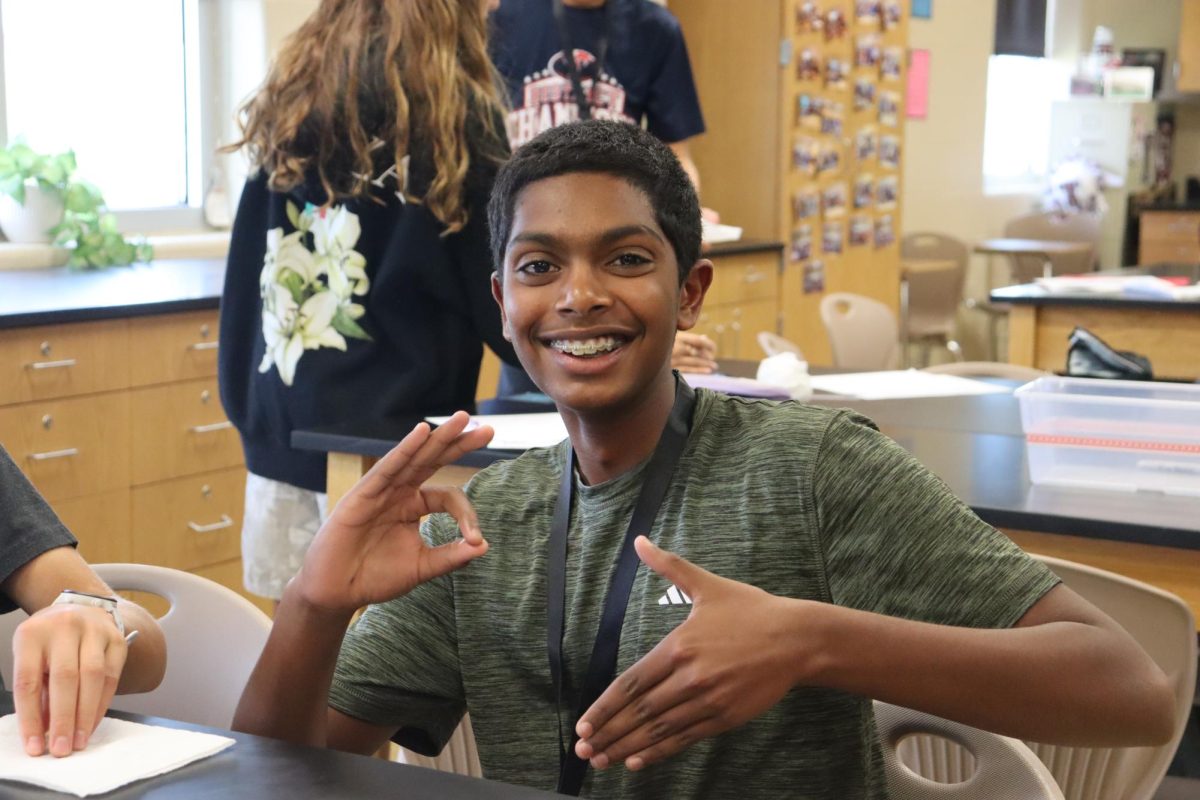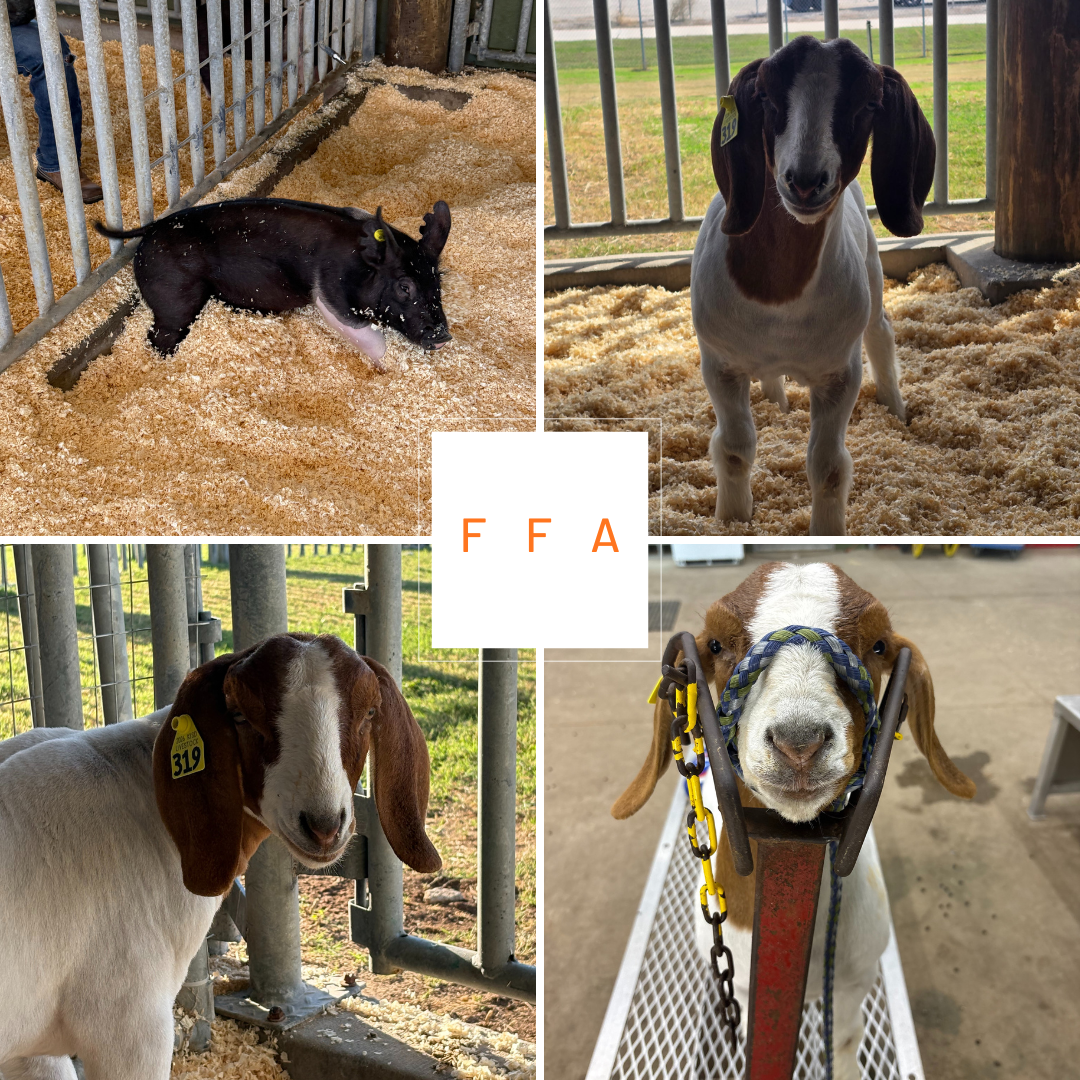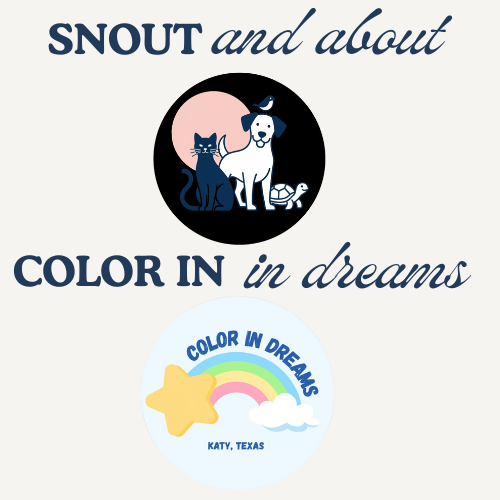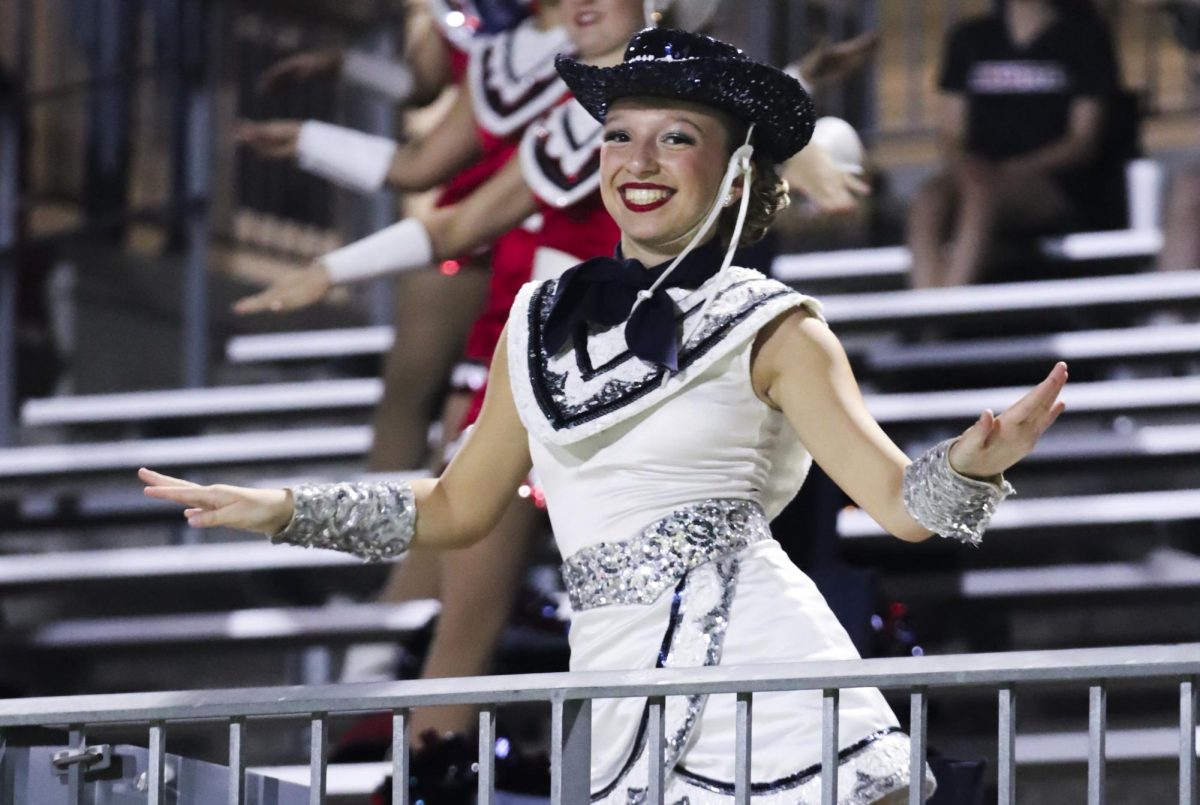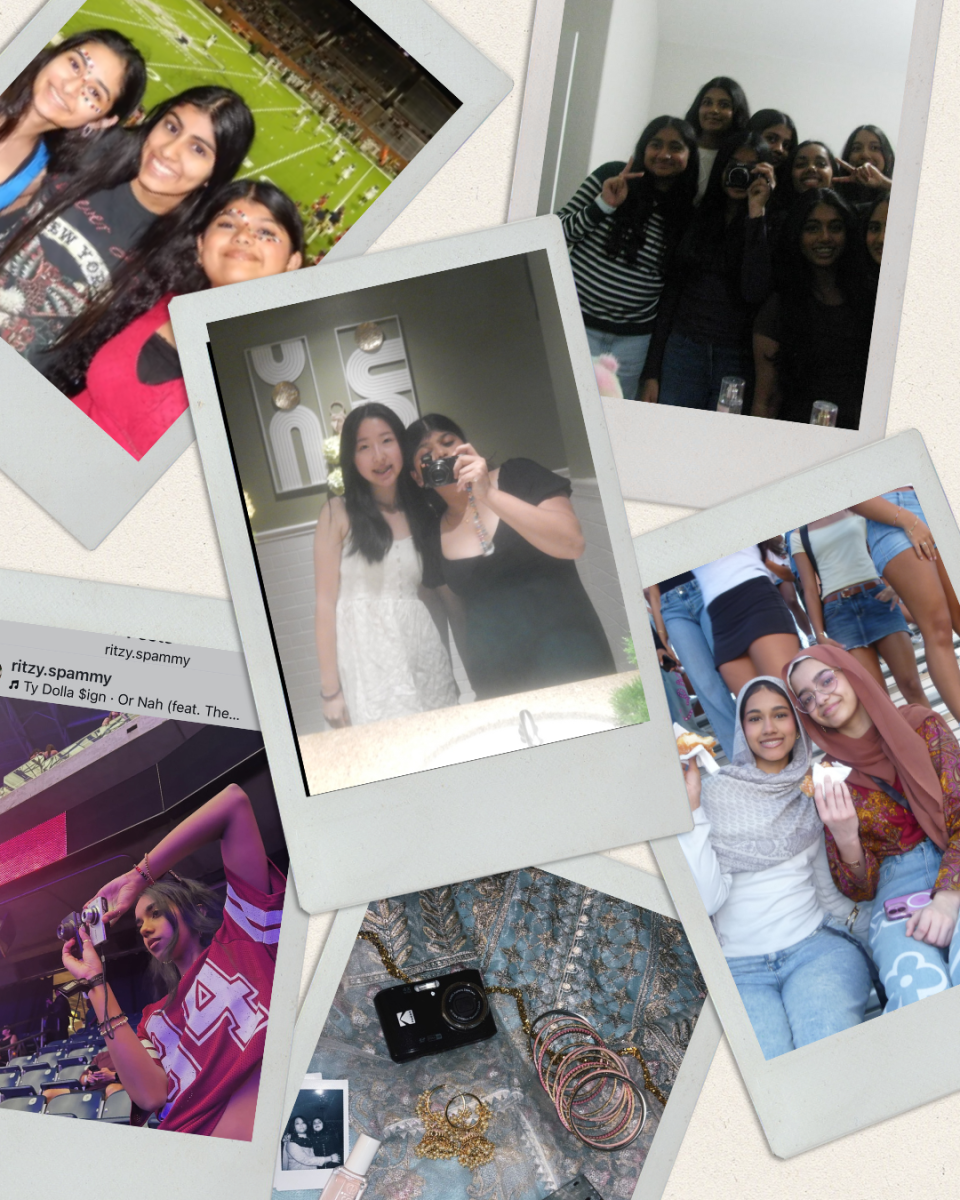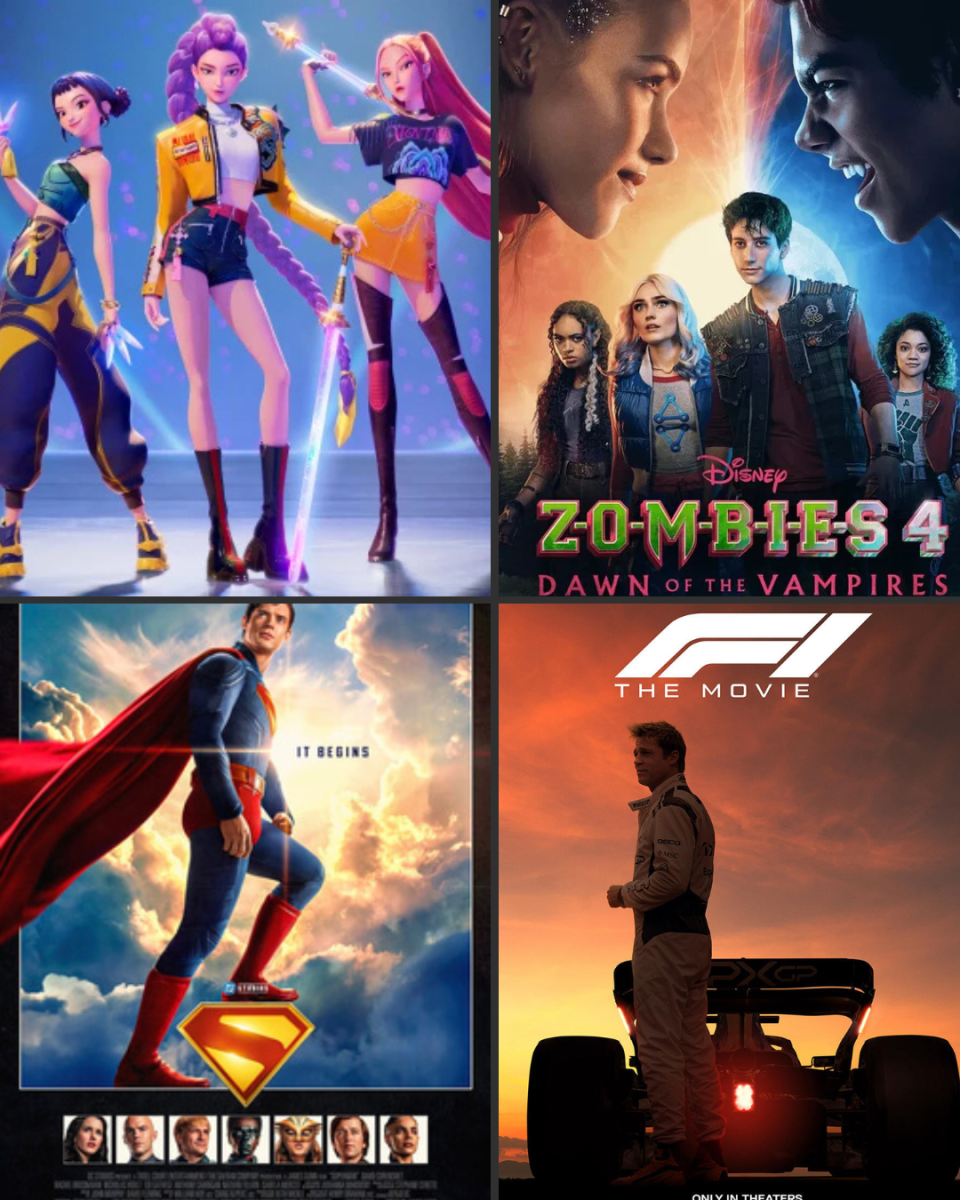Language has changed a lot in just a couple of decades. From the early 2000s to now, slang, social media, and even AI have all transformed the way we talk. Some people think it’s exciting, while others find it confusing, but either way, it proves just how quickly things move in today’s world.
Slang is one of the clearest examples of language changing. Back in the early 2000s, texting gave us shortcuts like “LOL” and “TTYL.” In 2023, students were saying “rizz” and “delulu,” but by 2025, those already felt outdated. Now terms like “skibidi,” “fanum tax,” and even the mysterious “67” have taken over. The funny thing about “67” is that it doesn’t really mean one thing—it’s used when something is random, funny, or just plain weird. This shows that slang doesn’t always have to be logical; it’s about being in on the joke.
“I use a lot of slang to try to help my students remember things. I quote the ‘Listen Linda’ meme a lot. If I’m trying to get their attention, I’ll say something, and they’ll react with, “Oh, God, don’t say that,” Ms. Chronister said.
What’s surprising is how quickly slang spreads beyond just kids. Even teachers sometimes throw these words into lessons, and students either laugh or cringe. It’s proof that language isn’t stuck in one generation anymore.
Technology has also changed the way we communicate. Back in 2023, AI tools like ChatGPT were brand new, but by 2025, both students and teachers were using them all the time, for homework help, writing captions, or even brainstorming essays. This means the way we write today is often a mix between human creativity and machine assistance.
“My favorite emoji is probably the lick emoji. I think it fits for everything and is silly, so it lightens up the mood,” Sara Corbeanu said.
Even emojis and memes have shifted. The laughing emoji that was everywhere a few years ago isn’t as popular anymore, while the skull emoji is still going strong. Memes like the NPC trend and “skibidi toilet” even shaped the way people talk online, blending humor and language in new ways.
Another significant shift is in being more considerate with words. Schools, online communities, and social media all focus more on using pronouns, gender-neutral language, and respectful wording. This shows that language isn’t just about communication; it’s also about recognizing and respecting people’s identities.
From slang like “LOL” to AI-powered writing and TikTok slang like “67,” language from the 2000s to now shows how flexible it really is. Words and phrases might change every year, but that’s what keeps language alive. The way we speak today might sound weird in the future, but it’s just another step in the constant evolution of how we communicate.
“I think in the future, people are going to be speaking like aliens or robots,” Fifi Fasakin said.

